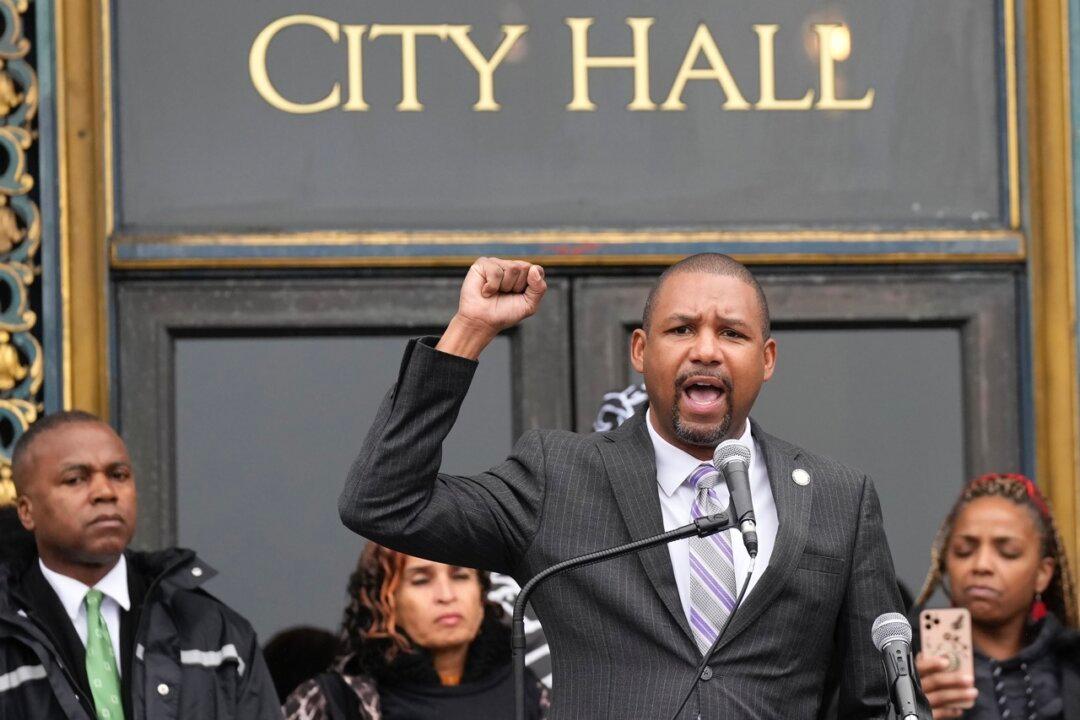The California Reparations Task Force, established to examine the issue of compensating descendants of enslaved Africans in the United States, gave the green light on Saturday to a proposal that recommends paying $1.2 million to each qualifying black resident in the state as a way to address slavery and other injustices against African-Americans.
Established by Gov. Gavin Newsom in 2020, the nine-member task force is responsible for examining the generational consequences of slavery. The committee has been conducting research, holding public hearings, and consulting experts on the matter.




